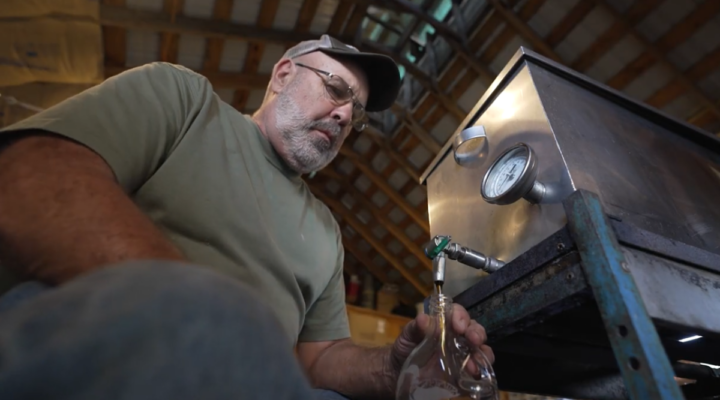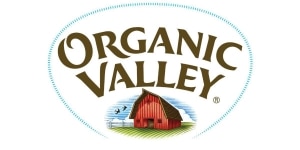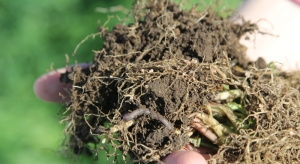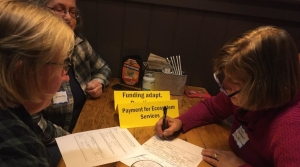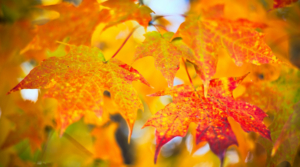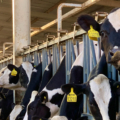WILTON, Maine — USDA’s Natural Resources Conservation Service (NRCS) works with the nation’s agriculture producers to help make their operations more sustainable and efficient.
Now, that’s a pretty sweet deal. And Russell Black would know.
Black’s maple syrup operation in Wilton, Maine, takes a lot of energy. Not just the energy Black spends tapping nearly 1,200 trees across his 40-acre farm, but the energy needed to turn the sap from his trees into delicious maple syrup.
When Black wanted to improve the system he was using to cook the sap into syrup, he turned to NRCS for assistance. NRCS provided funding to help Black upgrade his evaporator. The evaporator is used to “boil” the water out of the sap via a wood fire, cooking it down into syrup.
Black installed a reverse osmosis system and preheater on his evaporator with assistance from NRCS’s Environmental Quality Incentives Program. By making these improvements he was able to reduce his boiling time by at least half. This not only saves Black time, but it greatly reduces the amount of energy used in his syrup production by significantly reducing the amount of wood burned. This saves him money while also reducing the environmental impact by cutting greenhouse gas emissions and improving air quality.
“Any time we need assistance NRCS has been there to help us be more efficient and more productive,” Black said.
Watch this short video to hear from Black on how he worked with NRCS to install this conservation practice.
The energy efficiency improvements made on Black’s maple syrup operation are just one example of how NRCS works with producers to improve energy use. NRCS has over 160 conservation practices available. The Conservation at Work video series — available on the farmers.gov website and YouTube — showcases more than 80 of these practices. The less-than-two-minute videos feature farmers, ranchers, and forest landowners from across the U.S. sharing how working with NRCS made their agricultural operations more productive while protecting the environment.
Working with a local NRCS conservationist, conservation practices can be planned to meet the specific needs of individual operations. From corn to cattle, and timber to turnips, NRCS has a conservation practice that can help protect the natural resources on any operation.
NRCS assistance is free and open to all agricultural producers with no obligation to participate in any programs. Working with NRCS is completely voluntary. There are NRCS offices located in nearly every county across the nation. Producers can locate the one closest to them on the NRCS website.
For more information about NRCS and the assistance available, visit the NRCS website or stop by your local NRCS field office.
–Joanna Pope, NRCS Communication Specialist
and Conservation at Work Project Lead
USDA NRCS





